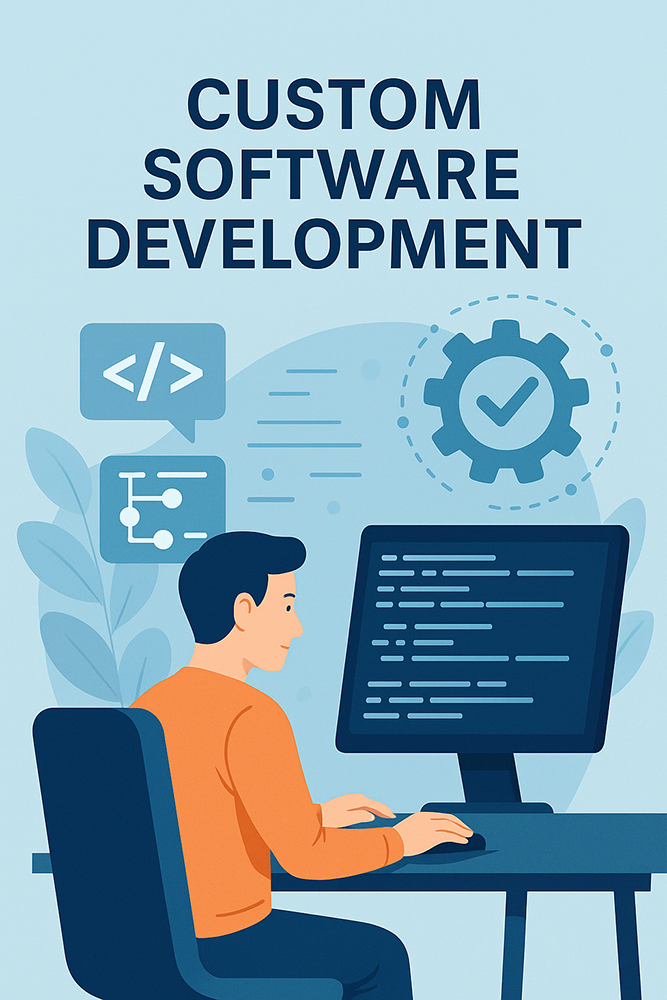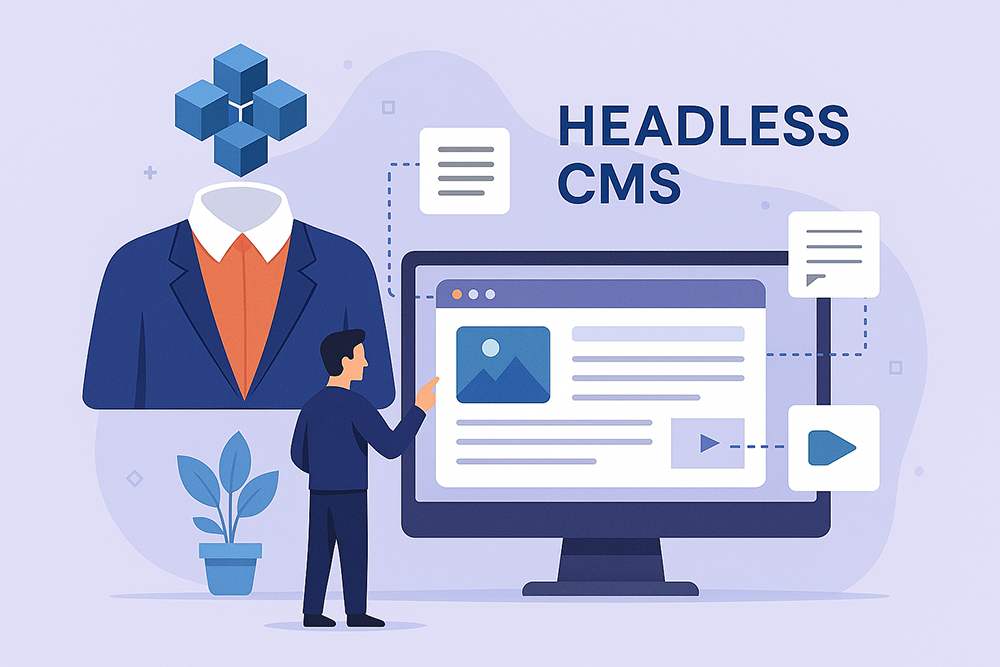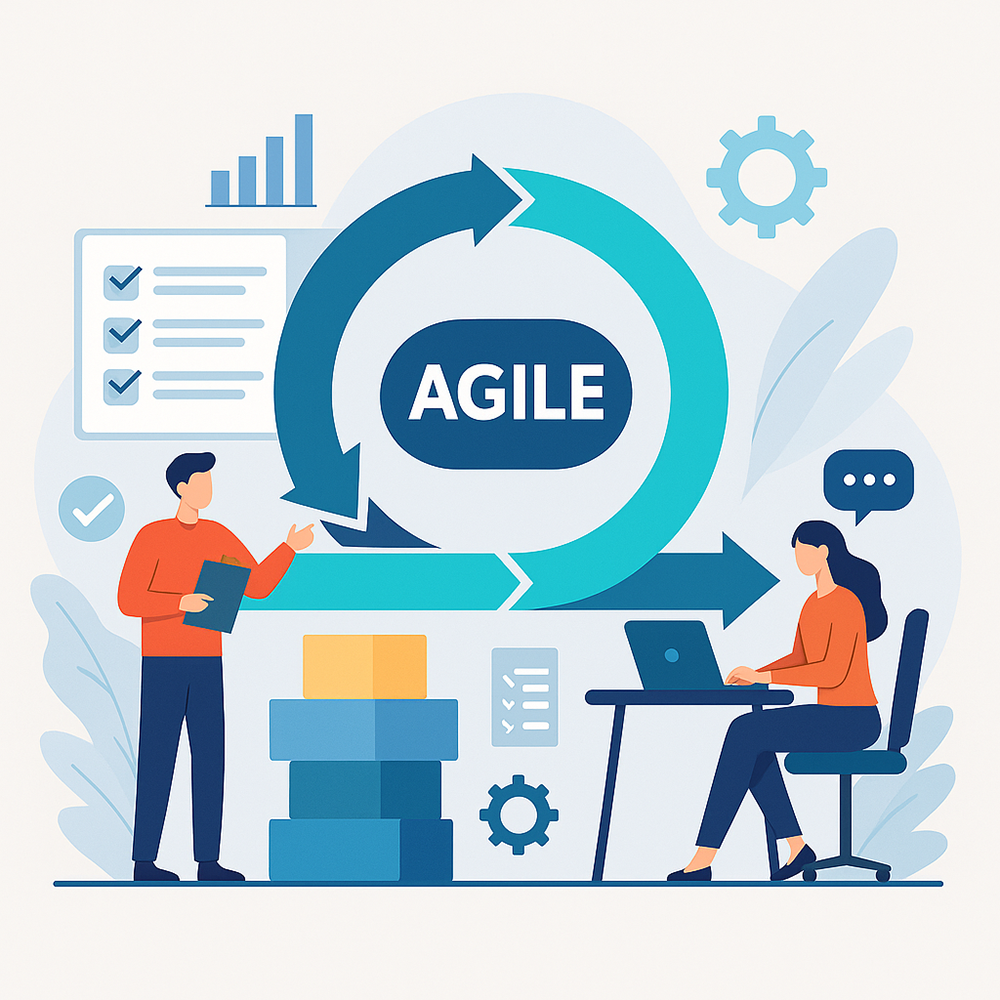In the modern digital ecosystem, businesses rarely operate in isolation. From customer relationship management (CRM) systems to e-commerce platforms, marketing automation tools, and accounting software, organizations rely on a multitude of applications. The key to unlocking their full potential lies in seamless communication between these systems. This is where API (Application Programming Interface) integration becomes indispensable. Mastering API integration can streamline your business processes, enhance data flow, and connect disparate systems, leading to greater efficiency and innovation.
What is API Integration?
An API is a set of rules and protocols that allows different software applications to communicate with each other. Think of it as a waiter in a restaurant: you (the client) tell the waiter what you want from the kitchen (the server), and the waiter brings it back to you. You don't need to know how the kitchen prepares the food; you just need to know how to order.
API integration is the process of connecting two or more applications so they can exchange data and functionality. This eliminates manual data entry, reduces errors, and automates workflows, creating a more cohesive and efficient operational environment.
Why is API Integration Crucial for Your Business?
- Streamlined Business Processes:
API integration automates data transfer between systems, eliminating the need for manual data entry and reducing human error. For example, when a customer makes a purchase on your e-commerce site, an API can automatically update your inventory, trigger an order in your ERP system, and add the customer's details to your CRM. This saves time, reduces operational costs, and speeds up workflows.
- Enhanced Data Accuracy and Consistency:
Manual data entry is prone to errors and inconsistencies. API integrations ensure that data is transferred accurately and consistently across all connected systems. This leads to a single source of truth for your business data, improving reporting, analytics, and decision-making.
- Improved Customer Experience:
By connecting various customer-facing systems (e.g., CRM, customer support, marketing automation), you gain a holistic view of your customers. This allows for more personalized interactions, faster issue resolution, and proactive engagement, leading to higher customer satisfaction and loyalty.
- Increased Efficiency and Productivity:
Automation through APIs frees up your employees from repetitive, mundane tasks, allowing them to focus on more strategic and value-added activities. This boosts overall productivity and allows your team to achieve more with less effort.
- Scalability and Flexibility:
As your business grows, you'll likely adopt new tools and expand your operations. API integrations make it easier to add new systems to your existing infrastructure without disrupting current workflows. This provides the flexibility to adapt to changing market demands and scale your technology stack as needed.
- Better Insights and Reporting:
When data flows seamlessly between systems, you can gather more comprehensive insights. Integrating your sales, marketing, and customer service data, for example, allows you to create more accurate reports, identify trends, and make data-driven decisions that optimize your business strategies.
- Competitive Advantage:
Businesses that effectively leverage API integrations can respond faster to market changes, offer innovative services, and operate more efficiently than competitors. This agility and interconnectedness can be a significant differentiator in today's fast-paced market.
Approaching API Integration: Best Practices
To successfully implement API integrations, consider these best practices:
- Define Clear Objectives: Before starting, clearly outline what you want to achieve with the integration. What problem are you solving? What data needs to be exchanged?
- Choose the Right APIs: Not all APIs are created equal. Look for well-documented, reliable, and secure APIs that offer the functionality you need.
- Plan Your Data Flow: Map out how data will move between systems. Identify data formats, transformation rules, and potential conflicts.
- Prioritize Security: Ensure all integrations use secure protocols (HTTPS), proper authentication (API keys, OAuth), and data encryption. Regularly monitor for vulnerabilities.
- Error Handling and Monitoring: Implement robust error handling mechanisms to manage failed integrations gracefully. Set up monitoring and alerts to quickly identify and resolve issues.
- Start Small, Scale Up: Begin with a pilot integration for a critical but manageable workflow. Once successful, expand to more complex integrations.
- Documentation: Maintain clear documentation of all your integrations, including API endpoints, data mappings, and authentication details.
- Consider Integration Platforms (iPaaS): For complex integration needs, an Integration Platform as a Service (iPaaS) can simplify the process by providing pre-built connectors, data mapping tools, and monitoring capabilities.
Mastering API integration is no longer a luxury but a necessity for businesses aiming to thrive in the digital age. By strategically connecting your applications, you can unlock new levels of efficiency, insight, and customer satisfaction, propelling your business forward.
Ready to Elevate Your Business?
Whether you need a stunning new website, a powerful marketing strategy, or robust IT solutions, Lumora is here to help. Our team of experts in Dubai is ready to turn your vision into reality.
Contact Us Today


